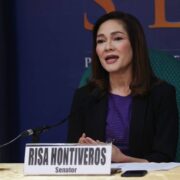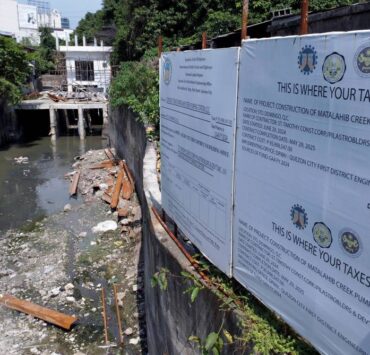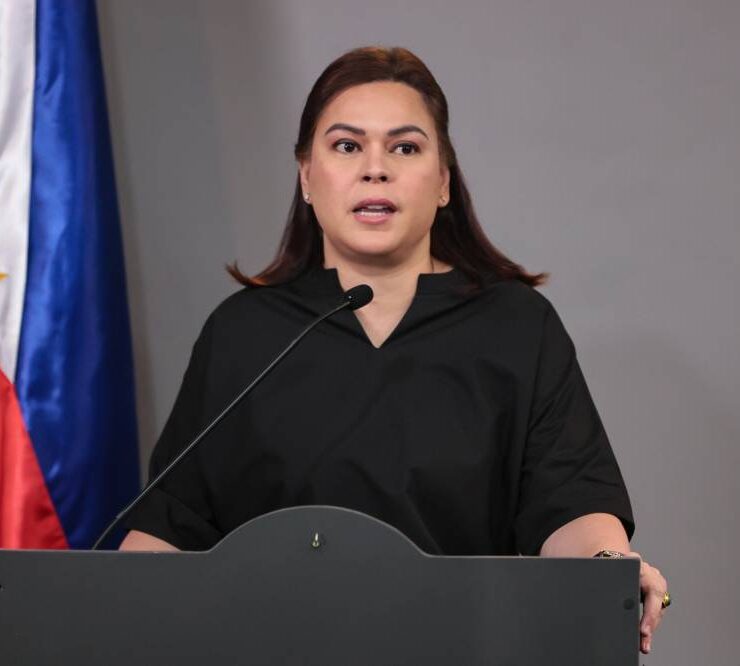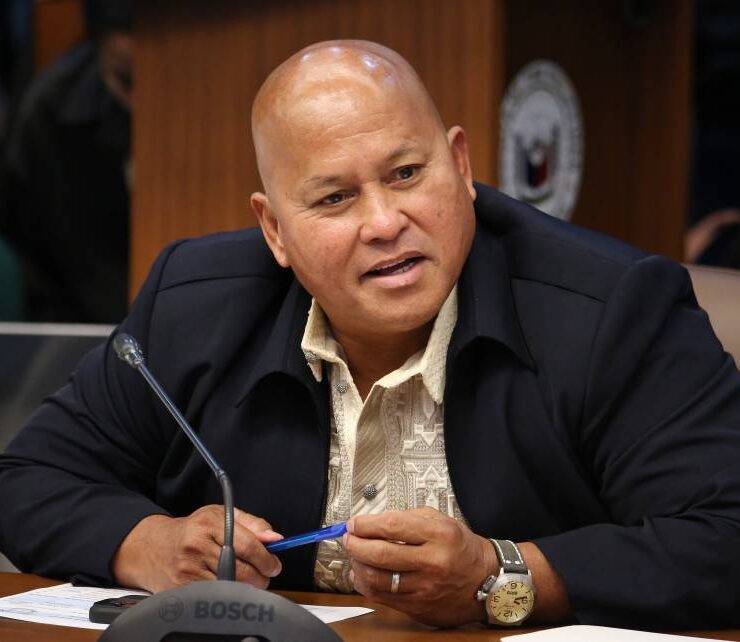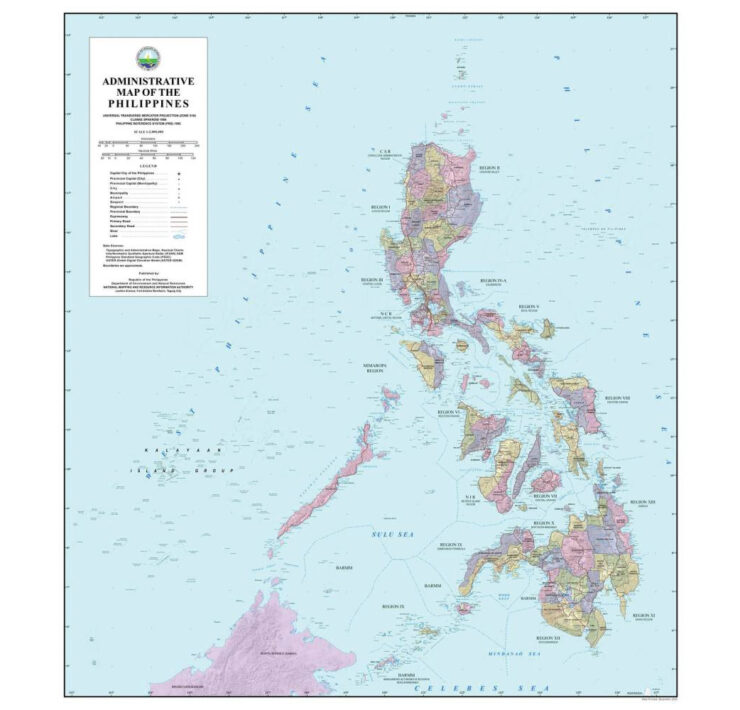Cha-cha revived; Marcos this time won’t oppose it
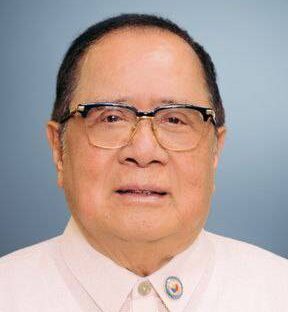
President Marcos this time will not oppose calls to amend the 1987 Constitution through a constitutional convention (Con-con) so long as it would help improve and prevent loopholes in the provisions of the Charter, Malacañang said on Tuesday.
House Deputy Speaker Ronaldo Puno, in a privilege speech on Monday, said “historical experience” and “evolving exigencies of governance” forced lawmakers to consider Charter change (Cha-cha), or amending the Constitution.
One particular example he cited was the interpretation of the word “forthwith” in Article XI, Section 3(4) on impeachment, as he noted how a single ambiguous word “can become the justification for legislative inaction, procedural manipulation, or worse, the loss of accountability itself.”
Palace press officer Claire Castro, herself a lawyer, noted that the framers of the 1987 Constitution had already made its definitions and provisions clear, arguing that any perceived ambiguity is “sometimes muddled to favor certain interests.”
“But if [amendments] will lead to improvements and clarity to prevent any provisions in the Constitution from being exploited, the President will not oppose it,” she said.
‘Disagreement, confusion’
Amending the Constitution might just be the key to finally stop competing factions from running to the Supreme Court in every dispute, Puno said.
The Antipolo representative told reporters there was a need to “correct and update” the Constitution by holding a Con-con “so that many of the disputes we see in front of us would not have been here or can be avoided in the future.”
Puno, who served as interior secretary during President Gloria Macapagal-Arroyo’s administration, noted the “constant [stream of] cases being filed in the Supreme Court which have to do with the interpretation of constitutional provisions.”
“We can’t always run to the Supreme Court every time we don’t understand something, or even just one word,” he said. “These little things, like the meaning of certain words, always cause disagreement and confusion among everyone… It’s embarrassing to our countrymen that this is the level of discourse that we are at.”
Earlier attempts
The call to amend the Constitution has been a contentious issue since the time of President Fidel V. Ramos—in part because it was through this means that President Marcos’ father and namesake, Ferdinand Sr., established authoritarian rule after replacing the 1935 Constitution with the 1973 Constitution.
On the watch of the younger Mr. Marcos, the House committee on constitutional amendments held its initial deliberations on various measures seeking to amend the Constitution in December 2022.
Despite Mr. Marcos’ previous pronouncements that amending the Constitution was not his priority, the committee approved on Feb. 20, 2023, a resolution of both houses of Congress calling for the formation of a constitutional convention to amend the Charter. It reached the floor of the House of Representatives two days after it was approved at the committee level.
A little over a week later, on Feb. 28, Resolution of Both Houses (RBH) No. 6 was approved by the House on second reading during its plenary session.
In March 2023, House Bill (HB) No. 7352, which sought to implement RBH No. 6, was approved by the chamber. But the Senate did not act on that measure.
By December that year, the House said it would push once more to amend the Constitution’s “prohibitive” economic provisions to make it “more attuned, sensitive and responsive.”
Mr. Marcos, by then, also said the government was considering amending the Constitution’s economic provisions to attract more foreign investors.
On Jan. 23 the next year, the Senate issued a manifesto opposing the people’s initiative mode of amending the Constitution, saying the process would undermine democracy.
The issue was abandoned until July this year, when Ako Bicol Rep. Alfredo Garbin Jr. filed RBH No. 1 seeking to amend certain provisions of the Constitution, particularly regarding national territory and the economy.
Garbin said his proposed measure was almost similar to what had been filed and approved in the 18th and 19th Congress. —WITH A REPORT FROM INQUIRER RESEARCH













